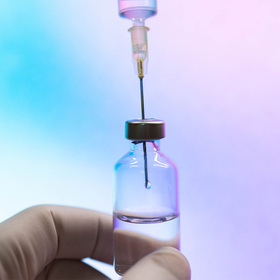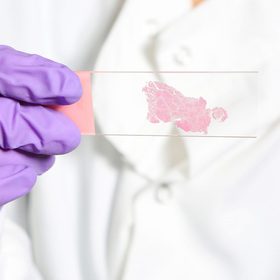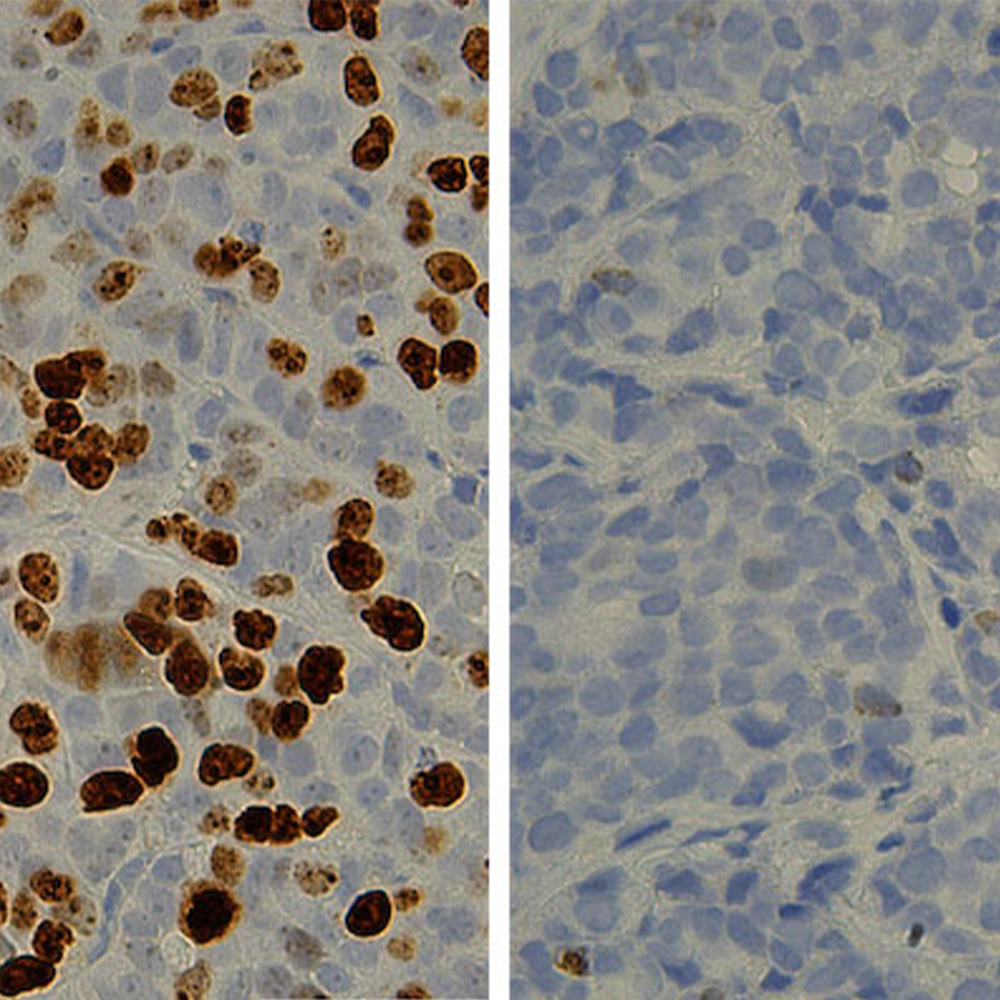News
Children’s Health and UT Southwestern receive $100 million donation from the Pogue family for new $5 billion Dallas pediatric campus
Children's HealthSM and UT Southwestern Medical Center on Wednesday announced a historic gift of $100 million from the Jean and Mack Pogue family in support of the $5 billion transformative new Dallas pediatric campus, unveiled earlier this year. The gift from the Pogue Foundation is one of only four $100 million philanthropic gifts ever publicly announced in North Texas, and it is the largest donation yet to the new pediatric campus project, which will replace the existing Children’s Medical Center Dallas.
Mutations protected mice from B-cell cancers
By completely or even partially depleting a protein called midnolin in B cells, UT Southwestern Medical Center researchers suppressed leukemia and lymphoma in a mouse model genetically prone to these cancers.
ChatGPT can extract data from clinical notes
ChatGPT, the artificial intelligence (AI) chatbot designed to assist with language-based tasks, can effectively extract data for research purposes from physicians’ clinical notes, UT Southwestern Medical Center researchers report in a new study.
Combined therapy makes headway for liver cancer
A drug that targets a protein known as phosphatidylserine boosted the response rate for hepatocellular carcinoma (HCC) patients receiving immunotherapy without compromising their safety, according to results of a phase two clinical trial conducted by UT Southwestern Medical Center.
Cancer cell–immune cell interactions predict immunotherapy response
By examining which genes were turned on and off in a mix of cell types from breast cancer biopsies, a team led by UT Southwestern Medical Center researchers developed a tool that can accurately predict which patients with breast cancer will respond to immunotherapies.
Blocking gene may halt growth of breast cancer cells
Shutting down a gene called PRMT5 stopped metastatic estrogen receptor-positive (ER+) breast cancer cells from growing after they acquired resistance to a standard therapy known as CDK4/6 inhibitors, UT Southwestern Medical Center researchers showed in a new study.
UTSW Research: Food allergies, weight-loss surgery, and more
Millions of children have food allergies, many of which can cause severe illness or death. In a study published in the New England Journal of Medicine, a team of researchers, including those from UT Southwestern, shows in a phase three clinical trial that an antibody-based therapy called omalizumab may inhibit food allergy reactions when delivered repeatedly over time.
UTSW discovers protective ‘acid wall’ formed by cancer cells
Cancer cells release a significantly more concentrated level of acid than previously known, forming an “acid wall” that could deter immune cells from attacking tumors, UT Southwestern Medical Center scientists show in a new study.
Gene therapy offers hope for giant axonal neuropathy patients
A gene therapy developed by researchers at UT Southwestern Medical Center for a rare disease called giant axonal neuropathy (GAN) was well tolerated in pediatric patients and showed clear benefits, a new study reports.
Gut microbiome offers clues to disparities in rectal cancer
The composition of the gut microbiomes in a group of rectal cancer patients reveals distinct signatures by race, ethnicity, and age of onset, with white Hispanics showing significant presence of one specific bacteria, UT Southwestern Medical Center researchers report.










